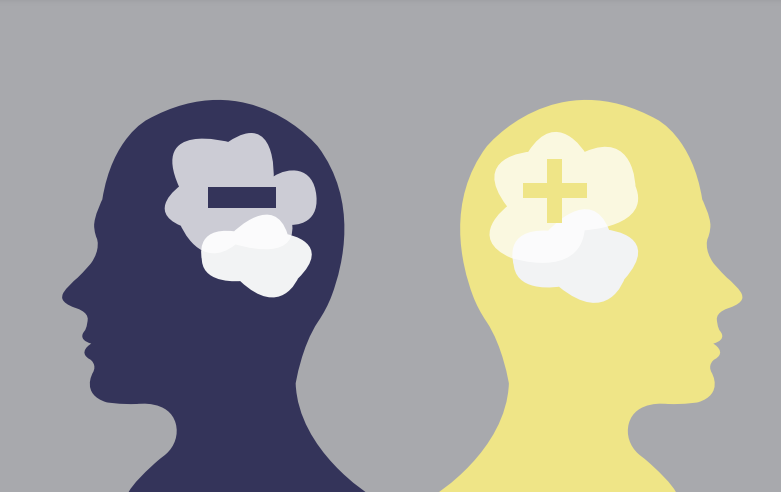You don’t have to go to class… you get to
Illustration: Josh Fannin / The Advance-Titan– Students can reframe tasks in Good Faith to help take control of their college experience.
September 27, 2022
You don’t have to go to class.
Before you stop reading and go on your merry way, thrilled with the knowledge that you never need to attend another boring lecture for a gen ed that’s well outside your field, let me clarify. You don’t have to go to class; you get to go to class.
I know that sounds like an absolutely repugnant (even boomer-esque) attitude; it has its roots in the work of existentialist philosophers like Jean-Paul Sartre. Sartre argued that virtually every task we do on a day-to-day basis is a result of our own myriad choices, some made months or years prior.
As a result of this, Sartre proposed that it is out of alignment with reality to speak and act as if we are compelled by external forces to do these tasks. He called this misaligned attitude “Bad Faith,” and compared it to its counterpart “Good Faith.”
When we act in Good Faith, according to Sartre, we acknowledge and take ownership of all our choices — for better and for worse — including ones like going to college in the first place. This means that, instead of lamenting to our friends “I have to write a paper,” it would be more accurate and beneficial to say, “I get to write a paper,” or even simply, “I have a paper to write.”
The existentialists as a whole were not big on faith. Their ranks include Friedrich Nietzsche, who proclaimed that “God is dead,” and Simone de Beauvoir, who was fiercely feminist and anti-establishment in thought. Sartre himself had no great love of religion and was famously atheist.
Sartre believed that people had to take responsibility for their choices, actions and opportunities, and that religion often robbed people of the chance to do so. This brought about his idea of Good Faith.
So what?
So, perhaps we all could use a little more faith of the sort that Sartre proposes.
Acting in Good Faith is not easy, which Sartre himself understood, and nor is it a cure-all for our problems. Any reasonable person will know and admit that there are more than a few circumstances that can be out of our control.
But the attitude demanded to act in Good Faith — one of ownership and responsibility — is meaningful and beneficial in and of itself. I find myself regularly thinking and speaking in “Bad Faith,” whether about the dishes that await me at home or the next day’s work, already casting stormy shadows over my mind. Nevertheless, I practice reframing these tasks in Sartre’s form: I get to do the dishes, because I own dishes and I have food to eat. And that, in and of itself, is sometimes enough to give me back a little control.
I could say more — much more — about what I think of Sartre (and Nietzsche and Philosophy in general), but I will keep it to this: I believe that philosophy is the art of making problems and refusing to solve them because everyone needs their own solution. And I believe that philosophers nearly always speak and write with fervent hyperbole so that people will listen to them. Did Nietzsche believe God was dead? Of course not; he didn’t believe in God, so how could God be dead? It was always about making people hear, listen and think.
The idea of Good Faith is the same way — take it, think on it and find the best way to use it for yourself. Take back some control this semester; you get to go to class. And after class, you get to hang out with friends, read a book or play video games until ungodly hours of the night.
Everything is going to be alright.














